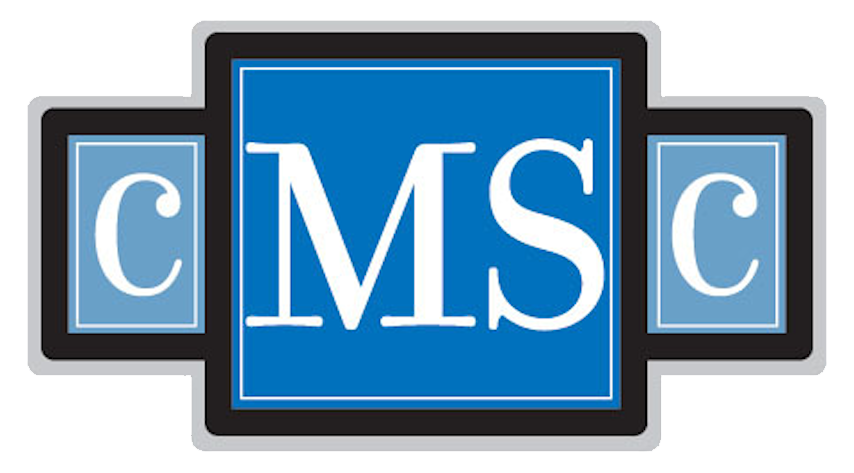Released On: June 30, 2023
Valid for Credit Through: June 30, 2024
Credits Available for Physicians: Maximum of 1.50 AMA PRA Category 1 Credit(s)™
Target Audience and Goal Statement
Neurologists, neuroscientists, nurse practitioners, neuroscience nurses and other healthcare professionals involved in the clinical study, management, and care of patients with multiple sclerosis.
This CME activity will highlight the importance of targeting pathways of disease progression in early multiple sclerosis (MS), including the developing role of Bruton’s tyrosine kinase (BTK) inhibitors. This class of agents disarms both the peripheral (i.e., lymphocyte) and central, chronically activated (i.e., microglia/macrophage) cells that are dysregulated in MS. By targeting multiple biological processes that include B-cell and macrophage activation, the BTK pathway is under clinical investigation to determine its potential role in mitigating disease activity across the spectrum of MS.
The educational goals of this activity are to equip neurologists with the knowledge and strategies to evaluate the potential role of this class of emerging agents in MS, as well as to assess imminent topline results from Phase III clinical trials, and to better predict the role of BTK inhibition within the current armamentarium of disease modifying therapies. To do so, clinicians will need to better understand the potential targets for BTK inhibition, as well as to analyze the current preclinical and clinical trial data, and to anticipate how these potential agents may change the current treatment paradigm.
Upon completion of this activity, participants will be able to:
- Explain potential targets for intervention that impact disease progression in MS
- Examine BTK effects on neuroinflammation and neurodegeneration in MS and how inhibition potentially provides dual approaches to disarming both the peripheral and central pathways that are dysregulated in MS
- Analyze ongoing clinical trials designed to determine the efficacy and safety of emerging BTK inhibitors
- Propose comprehensive treatment strategies with emerging therapies early in the disease course that may reduce disability and disease progression
- Identify future clinical and research questions to elucidate potential role and use of emerging therapies
Authors:
Amit Bar-Or, MD, FRCPC, Chair
Wallace J. Brownlee, MBChB, PhD, FRACP
Anne H. Cross, MD
Jiwon Oh, MD, PhD, FRPC
Jointly provided by Letters & Sciences and Partners for Advancing Clinical Education
Supported by an independent educational grant from EMD Serono
EMD Serono, Inc. is a subsidiary of Merck KGaA, Darmstadt, Germany
